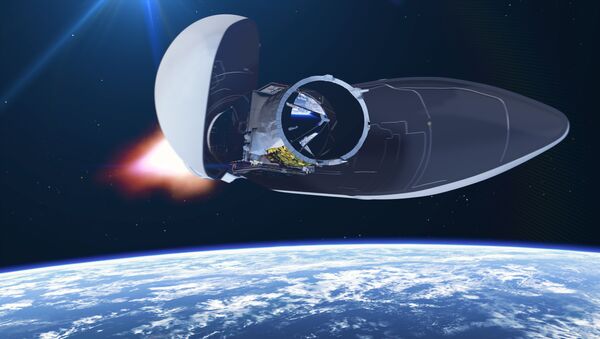While the odds of a crash are only 5.6 percent, Bigelow Aerospace, the owner of Genesis II, says it’s another troubling sign that Earth’s orbit is becoming dangerously crowded.
Today, we were notified by the US Air Force that there is a 5.6% chance that Genesis II will collide with dead Russian satellite Cosmos 1300 in 15 hours. Although this is a relatively low probability, it brings to light that low Earth orbit is becoming increasingly more littered. pic.twitter.com/l6McbDgRNo
— Bigelow Aerospace (@BigelowSpace) September 17, 2019
Bigelow Aerospace followed up with a warning about the rapid proliferation of space junk, a problem raised earlier when one of SpaceX’s numerous StarLink satellites nearly crashed into a European Space Agency observation satellite.
“This proliferation, if not controlled in number, could become very dangerous to human life in low Earth orbit,” Bigelow Aerospace tweeted.
The Bigelow Aerospace Genesis-2 module, designed to test the technology of commercial space stations, was launched into orbit in June 2007 and worked for about 2.5 years. The developer planned to create a commercial space station from transformable modules.
The Soviet-era satellite Cosmos-1300 was launched in August 1981 as part of the Tselina-D military space-based radio surveillance system.


